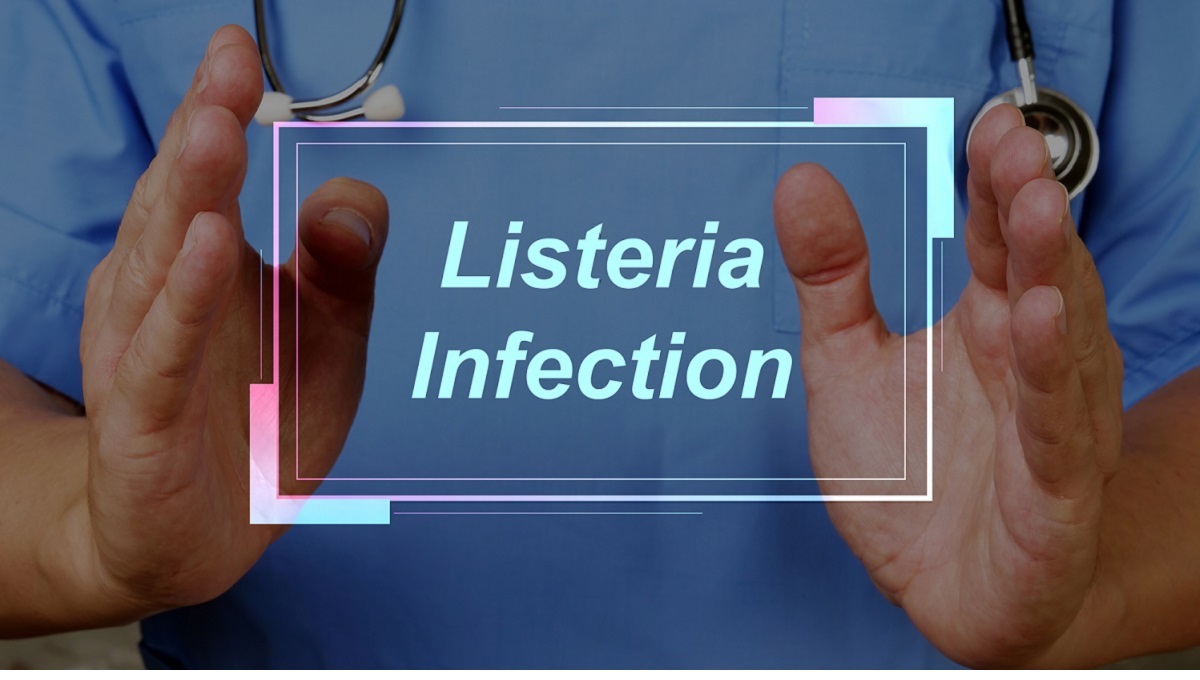
Investigations into a pregnancy-related case of listeriosis found a wider outbreak in Italy, according to a study.
In January 2020, a 28-year-old pregnant woman, living in a city near Rome, was admitted to a hospital in Rome.
A cesarean section was performed and a baby girl was born. The baby had respiratory distress and was diagnosed with hyaline membrane disease. Blood culture samples, collected a few hours after birth, showed the growth of Listeria monocytogenes. She was transferred to the neonatal intensive care unit for invasive ventilation for 24 hours. The baby was discharged a month later in a good clinical condition.
After notification of the listeriosis case, an investigation by the local health authority gave an epidemiological questionnaire to the mother to assess any potential food exposures during the 30 days before illness onset.
Based on the answers, the health agency’s attention was focused on fresh horse meat purchased at the local butcher and cold cuts at the deli counter bought in one of two supermarkets.
Additional inquiries found another three cases from May 2019 to May 2020. The first case involved a patient admitted to the emergency department. The second patient was hospitalized in April 2020. The third case occurred in May 2020. One patient confirmed going to the same supermarket as the mother of the neonatal listeriosis case, said the study, published in the journal Pathogens.
Contaminated equipment
The outbreak was linked to consumption of ready-to-eat sliced products sold in the supermarket.
Samples from a large Italian sausage, called mortadella, from one of the inspected supermarkets were positive for Listeria monocytogenes. Samples from two meat-slicers at the store were positive for Listeria monocytogenes, as well as the cold food counter where cold cuts were available to the public.
An investigation suggested that the source of contamination had been active for a long period before and after the official inspection by the local health authority. After sanitation of the premises, sampling in self-control and by the health unit was negative the deli counter was reopened.
Contaminated food products transmitted the infection from mother to baby. The mother’s gastrointestinal symptoms were probably confused with labor contractions, according to the study.
The Listeria monocytogenes strain behind the incident is not common in the country and seems to be limited to central Italy, mainly the Lazio region.
Researchers said continued education about dietary precautions for pregnant women is required to reduce the occurrence of listeriosis.
“This study highlights the importance of a constant surveillance activity of foodborne diseases carried out by health authorities together with clinicians and laboratorians, from notification to investigation. The major aim is to identify and stop the source of contamination as soon as possible, to avoid the extension of a foodborne outbreak,” researchers wrote.
Foodborne disease investigations in two regions
Meanwhile, another study, in the journal Toxins, details three years of foodborne infection investigations involving the Food Microbiology Unit of the Istituto Zooprofilattico Sperimentale del Lazio e della Toscana (IZSLT) in Italy.
There were 13 investigations in 2020 compared to 28 and 29 in 2018 and 2019. Researchers said the COVID-19 pandemic was likely behind the decline.
Data from 70 foodborne investigations were analyzed. In total, 19 of 340 food samples were positive for a bacterial pathogen, toxins or both. Among the positives, more than half involved meat-derived products. Investigated samples were collected by authorities, mainly in the Lazio and Tuscany regions. The top pathogen detected was Listeria monocytogenes. It was found six times.
Only 17 of 70 investigations took place following an official foodborne disease report by the health system with the patient having a clinical diagnosis. Of the remaining cases, 29 started with a direct consumer report after symptom onset and 24 followed a report from the authorities with no information on the patient’s condition.
“In spite of the serious impact of foodborne diseases on human health and the economy, the investigation of many foodborne outbreaks fails to identify the source of infection. This indicates a need for the competent authorities to continue to develop and implement a more fully integrated health network,” said researchers.
(To sign up for a free subscription to Food Safety News, click here.)
